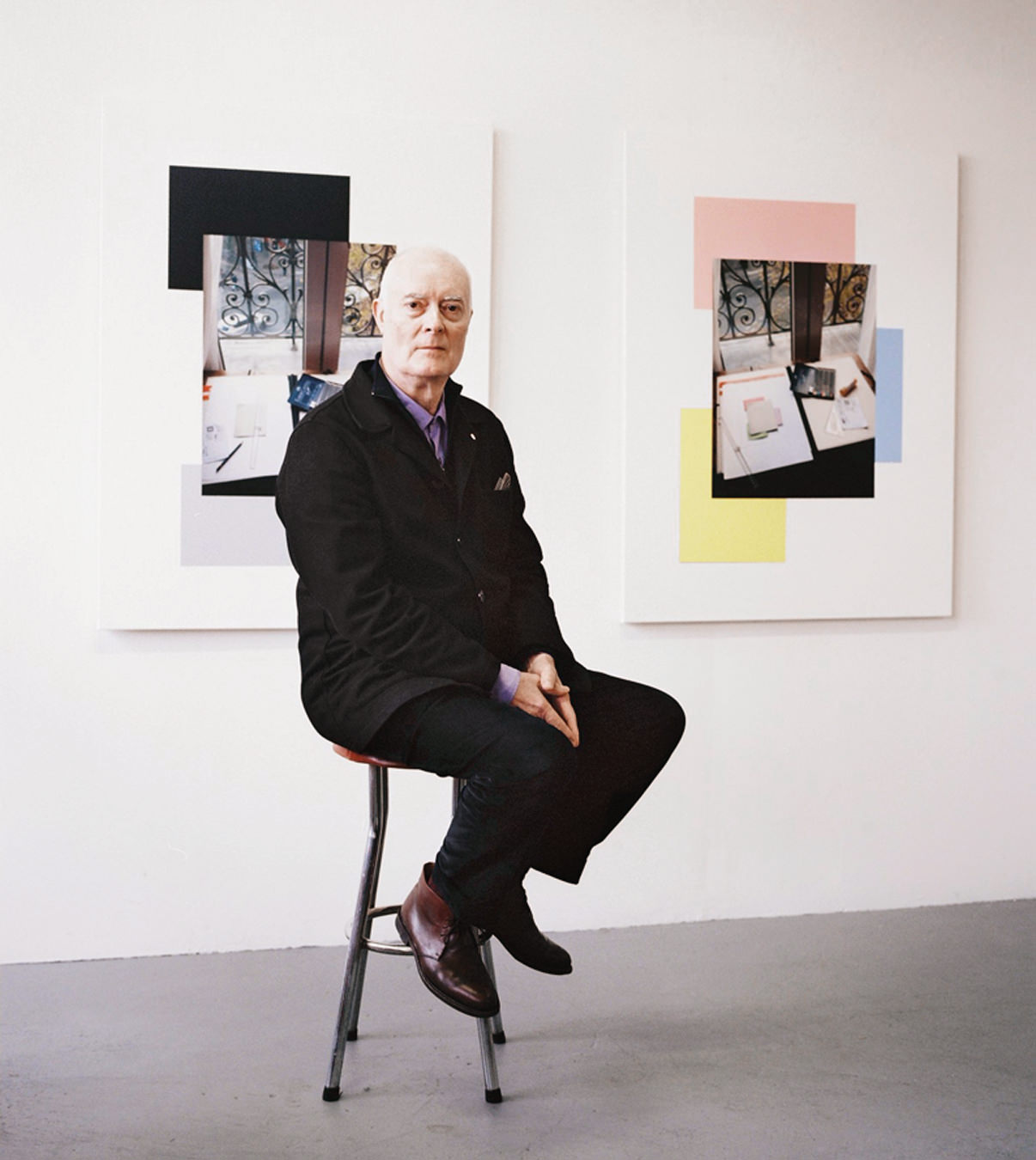Mott 32 Brings Modern Hong Kong Flavours to Toronto
As one of the world’s most diverse cities, Toronto is a buffet of international flavours. Since July, it has become even more delicious with one of the most anticipated openings of the year.
Renowned for its contemporary approach to traditional Chinese Cuisine, Mott 32 is one of the most celebrated Chinese restaurant brands in the world. From a former bank vault in a Hong Kong basement opened over a decade ago, the brand has grown to include locations in Vancouver, Las Vegas, Bangkok, Singapore, Seoul, Cebu, and Dubai. Now it counts Toronto among its growing family, with Los Angeles, London, and Scottsdale in the works.
While the brand takes its name from the address of New York’s first Chinese convenience store, the dining experience at Mott 32 is anything but pedestrian. Here, traditional Chinese recipes are prepared with contemporary techniques using premium organic and sustainably sourced ingredients, when possible. The result is modern dishes and crafted cocktails that capture the evolving flavours of modern Hong Kong and have been refined over time and influenced by globalization.


Mott 32 is a place for all occasions, from business meetings to celebrations, says Xuan Mu, co-founder and managing director of leading luxury Chinese brand Maximal Concepts Restaurant Group, which considers Mott 32 its crown jewel. “We’re trying to offer a bit of Hong Kong with authentic Chinese food that stands out and where the experience is important. A restaurant with great cocktails, nice wines, good service, ambience, and a great design under one roof.”
Spread over three floors in the former Momofuku space (next to luxury hotel Shangri-La Toronto), Mott 32’s Toronto home is moody and sophisticated. The sleek space steers away from the light-wood finishes of its predecessor. Instead, it is cloaked in rich palettes from deep marble slabs to tinted jade-green glass, plush velvets and leathers, glossy ceramic tiles and hand-polished copper finishes that fuse contemporary elegance with traditional Chinese aesthetics.


Walk through its heavy-set entrance doors to the glass-encased ground floor’s lobby lounge where imbibers can sit at the opulent black marble-topped bar or under a pair of chandeliers cascading from the vaulted ceiling. Ascend to the second floor and find four private dining rooms (two that are outfitted with a circular table containing a lazy Susan—constructed from fossilized geodes to resemble abalone—in the middle), each meticulously outfitted in a custom theme: textile, ceramic, metal, and theatre. (The theatre table has an entrance opposite a mural of Chinese American actor Anna May Wong.) Separated by sliding walls, the open area between the first three spaces can cater to as many as 40 seated guests.
The main dining room is on the third floor. Seating 90, it’s airy and light thanks in part to tall floor-to-ceiling windows and a softer colour scheme. There’s the central gazebo-like Octagon room that resembles a pedestal for the patrons dining within (its eight corners are a sign of luck). Tucked in the back with full views of the duck-roasting station is the dimly lit Boom Boom Room. Draped in greenery with Chinese calligraphy brushes suspended throughout, the space doubles as a semiprivate room.


Chef Kin Ming Yeung leads the Toronto team, serving innovative takes on classics from across China and Hong Kong. The menu leans heavily toward Cantonese cuisine with Beijing and Szechuan influences. Here, you’ll find refined courses studded with traditional delicacies such as Japanese abalone, bird’s nest, and sea cucumber that might be showcased with matsutake, Alaskan king crab, or Japanese wagyu A5+. (The downstairs bar menu features share-friendly snacks and small plates.)
For example, Iberico pork is transformed into gussied-up dim sum like a black truffle-studded siu mai with a hidden soft-boiled quail core or the soupy filling of delicately pleated hot and sour Shanghainese soup dumplings. Crowd favourite Hong Kong-style barbecue Iberico pluma, a highly marbled cut that’s lightly lacquered with Yellow Mountain honey, should be reserved in advance given its limited availability.
Another highlight includes the signature 42-day apple wood roasted Peking duck. Prized for its flavour and shatteringly crisp skin, the sweet and smoke-kissed dish uses Ontario-sourced heritage breeds that undergo a three-day, multistep process. Eric Yang, managing director of both the Toronto and Vancouver locations, notes that the dry-aged, maltose-washed waterfowl are roasted to order over an open fire in a clay oven. Carved tableside, the roasted birds have part of their skin served on its own to be enjoyed with raw cane sugar while the juicy breast meat is sliced and paired with freshly steamed pancakes, thinly sliced cucumber and scallions, and a homemade hoisin-sesame sauce (that’s given a mesmerizing swirl just before service). Feeding three to four, advance ordering is a must for the 25 ducks that are prepared daily.


Finish with classic dessert soups like the refreshing and fruity mango-pomelo or the chilled fresh mango glutinous rice roll with a shredded coconut coating, which pairs well with the library of premium Chinese teas available.
Wrap up the night with a cocktail or non-alcoholic Mottail that features playful riffs on classics using Asian or local flavours. There’s the Hanami, garnished with shiso and chrysanthemum, a twist on the Moscow mule that’s composed of rye, gin, umeshi, and ginger beer brightened by yuzu. There’s also a refreshing tequila-and-jasmine-tea-based Hong Kong iced tea that’s kissed by cassis and studded with basil seeds (a healthful spin on boba). Lychee and lemon are the dominant notes for the Forbidden Rose made with vanilla-infused pisco, chili tincture, lemon, and egg white. Alternatively, drinkers are sure to find something very pleasant on the Old World-dominated wine and sake list.

Photography by Jesse Dang Nhan Ta and courtesy of Mott 32.




